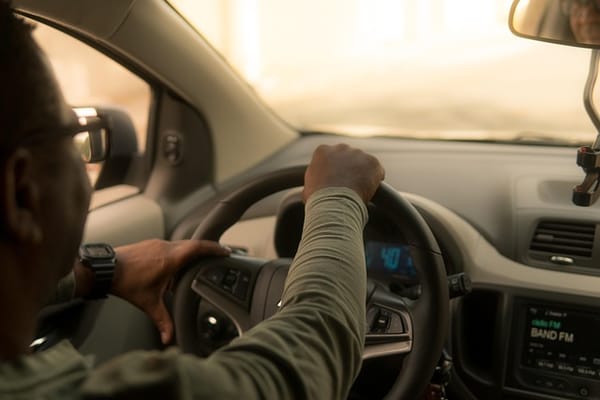Uber “chooses to wash its hands of all responsibilities”
The question of Uber’s lack of health and safety accountability has been raised again, following the conviction of an Uber driver in Sydney this Monday over the death of a passenger.
The driver had failed to notice one of his passengers opening the door of his vehicle when it was stopped at a red light. As the passenger was beginning to exit, the light turned green and the driver quickly accelerated, causing the passenger to fall from the car into the path of the bus.
It was found in the hearing that the driver “did not keep a proper lookout” which the magistrate blamed on fatigue, as he had worked for about 21 hours before the incident without sufficient breaks or sleep. He was found guilty of negligent driving occasioning death.
In a statement, the president of the Ride Share Drivers Association of Australia, Rosalina Kariotakis, said “the responsibility of the incident should not fall solely on the driver”.
She asked a number of “key questions” including:
“How did an operator allocate jobs to a driver for 21 hours straight?”
“Why are drivers not educated upon signup for the dangers of driver fatigue?
“Why are there not stringent laws in place to stop excessive driving hours?”
The Transport Workers’ Union of Australia (TWU) believes Uber should face prosecution over passenger deaths.
TWU’s coordinator on the on-demand economy, Tony Sheldon, asked why drivers are the “fall-guy for this billion-dollar backed company which chooses to wash its hands of all responsibilities?”
“Uber incentivises drivers to work long hours because the pay and conditions are so bad,” he said.
A recent survey found that rideshare drivers earned $16 an hour on average – below the minimum wage. This was before fuel, insurance and other costs were taken out.
“Drivers deserve rights and the Federal Government must start holding Uber to account,” Mr Sheldon said.
From the experts behind the Health & Safety Handbook, the Bulletin brings you the latest work health and safety news, legal updates, case law and practical advice straight to your inbox every week.

